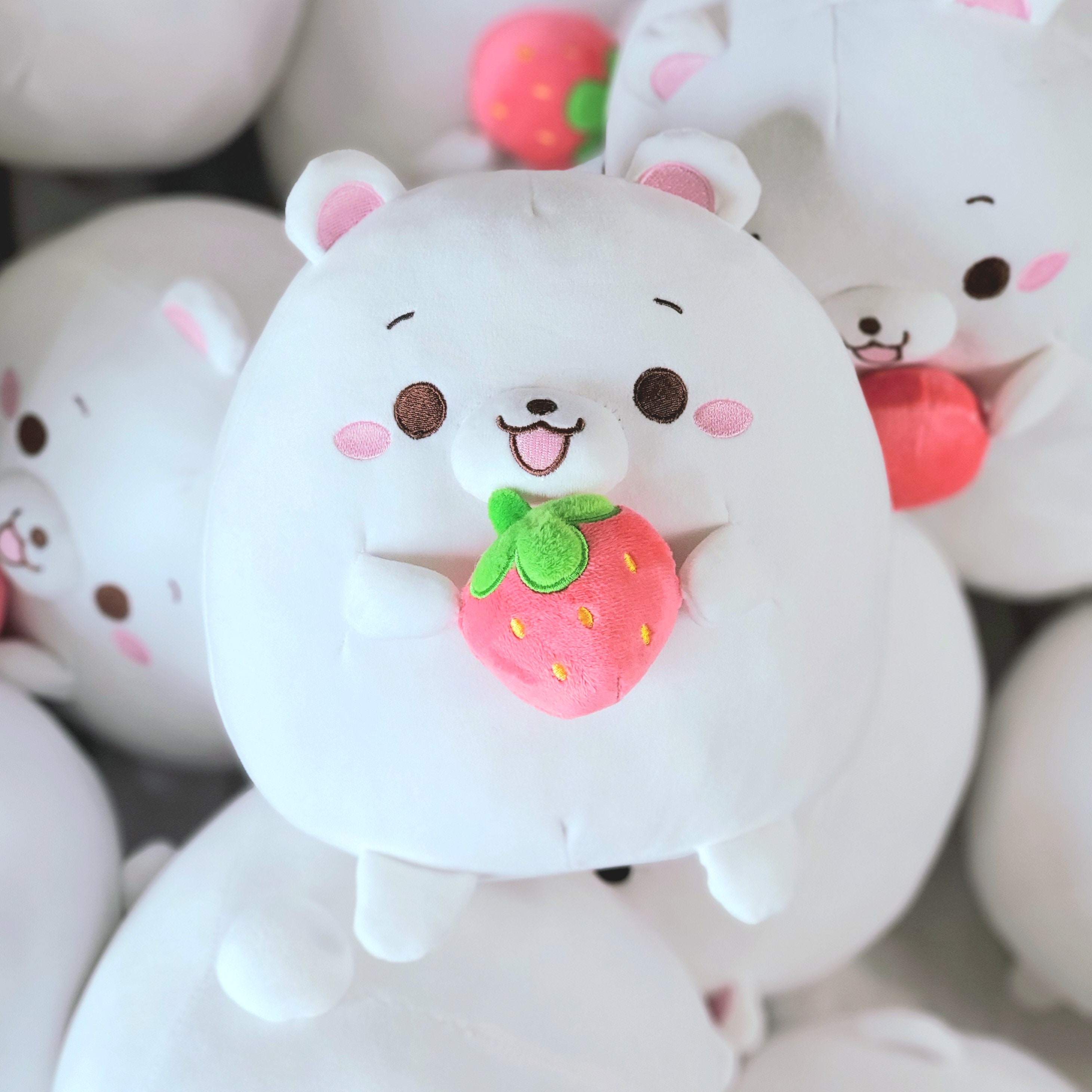Shop the Cutest Plushies and Gifts at Labubu: Exploring the Complexities of Kawaii Commerce
Thesis Statement
Labubu, a leading purveyor of "kawaii" merchandise, presents a multifaceted phenomenon that intertwines commercial interests, emotional attachments, and cultural dynamics. This essay critically examines the complexities of Labubu's business model, its impact on consumer behavior, and the broader implications for the commodification of childhood and innocence.
The Allure of Kawaii and the Rise of Labubu
Kawaii, a Japanese term denoting "cute," has become a global cultural phenomenon, influencing fashion, design, and consumer trends. Labubu, established in 2006, has emerged as a prominent player in the kawaii market, catering to a loyal customer base drawn to its whimsical and adorable plushies, gifts, and accessories.
Profit Motive and Its Critics
Labubu's success is rooted in its ability to tap into the emotional appeal of kawaii merchandise. However, the company's pursuit of profit has raised criticism. Some argue that Labubu's focus on mass production and commercialization dilutes the authenticity and handmade nature of traditional kawaii creations.
Critics also point to concerns about the ethical sourcing and environmental sustainability of Labubu's products. The company has been accused of using questionable manufacturing practices and contributing to the accumulation of plastic waste.
Consumer Attachment and Psychological Impact
Despite the criticisms, Labubu's products continue to captivate consumers. The cute and cuddly nature of the plushies elicits powerful emotional responses, fostering feelings of comfort, nostalgia, and companionship. Scholars have explored the psychological impact of kawaii, suggesting that it can promote positive emotions and alleviate stress.
Commodification of Childhood and Innocence
Labubu's business model raises questions about the commodification of childhood and innocence. The company's marketing strategies often depict children as the primary target audience, appealing to their desire for cuteness and imaginative play.
Some argue that this commodification erodes the natural development and experiences of children, replacing genuine emotional connections with consumerism. Others contend that Labubu's products can provide harmless and imaginative outlets for childhood expression.
Cultural Context and Global Appeal
The global success of Labubu highlights the cultural significance of kawaii. The concept of cute has transcended national boundaries, becoming a universal language of emotion and escapism. However, it is important to consider how Labubu's Westernized interpretation of kawaii may alter its cultural meaning and its impact on consumers in different regions.
Ethical Considerations and Future Directions
As Labubu continues to expand its global reach, it faces ethical responsibilities related to production practices, sustainability, and the well-being of children. The company must strike a balance between profit and social responsibility, addressing concerns about the impact of its products on the planet and young consumers.
Future research could explore the psychological effects of kawaii consumption on children and adults, as well as the cultural and economic implications of the commodification of innocence.
Conclusion
The complexities of Labubu's business model lie in the intersection of commercial interests, emotional attachments, and cultural dynamics. While the company has achieved remarkable success by tapping into the global appeal of kawaii, it must navigate ethical concerns and the potential impact of its commodification of childhood and innocence. As the demand for kawaii merchandise continues to grow, Labubu and other similar businesses have a responsibility to ensure that their products are produced sustainably, promote positive values, and respect the cultural significance of cuteness.
Beretta APX A1: Premium Performance For Everyday Carry
- Discover The Ruger LCP II: An Ultra-Compact 380 ACP Pistol You Won't Miss
Discover The Best Prices For Labubu Keychains



